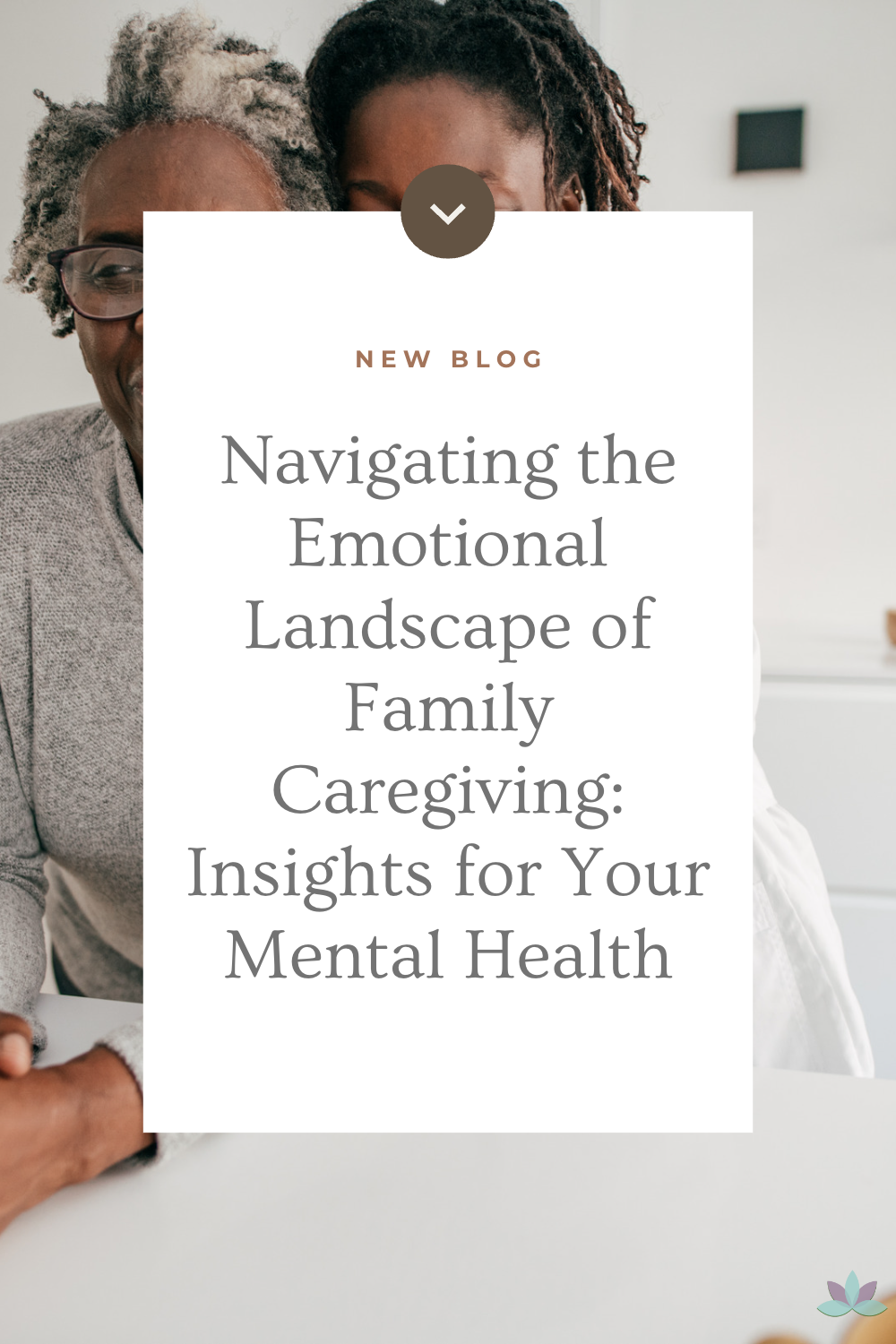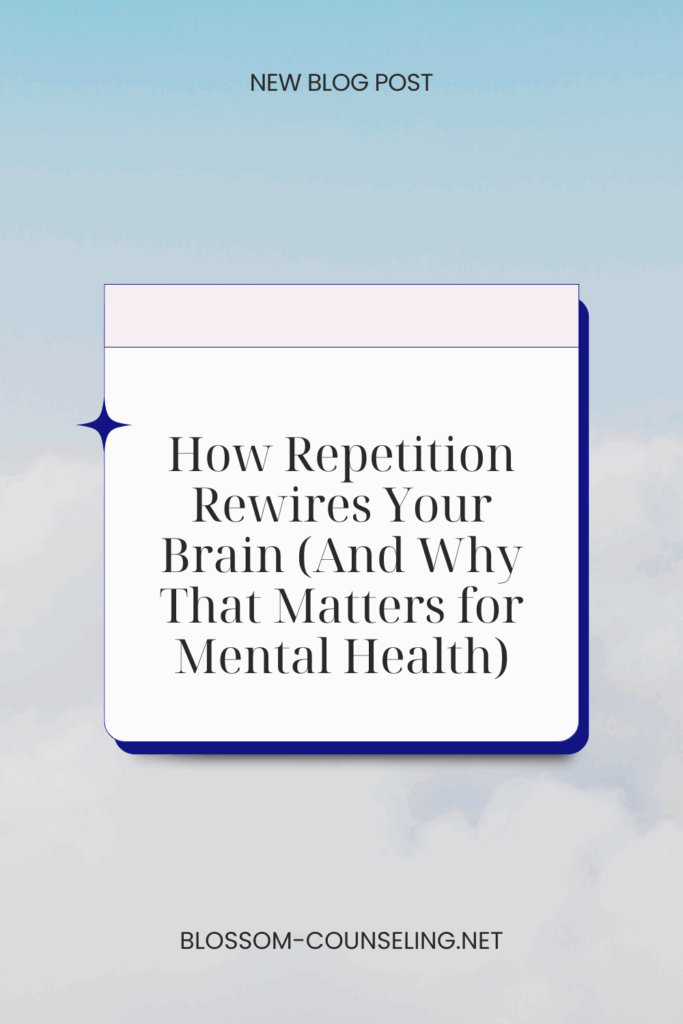
Family caregiving: it’s a role that millions find themselves taking on, often unexpectedly. As you step into the shoes of a caregiver, whether for an aging parent, a spouse with a chronic illness, or a child with special needs, you might find this new responsibility as challenging as it is rewarding. It’s a complex journey—one that weaves deep love and commitment with significant stress, exhaustion, and often, a rollercoaster of emotions.
Understanding the Emotional Weight of Caregiving
Caregiving is undeniably demanding. It asks much of you, both physically and emotionally. As a caregiver, you might experience a spectrum of feelings, from fulfillment and compassion to guilt and anxiety. You’re not alone if you find yourself wrestling with frustration or sadness over the changes in your family dynamics and the intense demands on your time and energy.
The weight of these responsibilities can sneak up on you. One day, you might feel entirely competent and confident in your caregiving role. The next day, you might feel overwhelmed and isolated. Recognizing this fluctuation in emotions is crucial—not just for your well-being but also for maintaining the quality of care you provide.
The Impact on Mental Health
The mental health impact of caregiving is profound and well-documented. Caregivers often report higher levels of stress, anxiety, and depression compared to non-caregivers. The chronic stress of managing another person’s care can lead to what is known as caregiver burnout—a state of physical, emotional, and mental exhaustion. Symptoms might include changes in appetite, sleep disturbances, irritability, and feelings of helplessness.
Taking a proactive approach to your mental health can mitigate some of these effects. It’s essential to recognize early signs of stress and seek ways to manage them effectively. Here’s how:
Establishing Boundaries for Self-Care
It might seem counterintuitive to put your needs first when someone you love requires so much attention. However, setting boundaries is not about neglecting your loved one—it’s about maintaining your well-being so you can be a more effective caregiver. Determine what you can handle and where you might need help. It’s okay to say no or to delegate tasks to others.
Finding Support Networks
You don’t have to do it alone. Support groups for caregivers can be invaluable, providing a space to share experiences and solutions and to feel understood by others who are navigating similar challenges. These groups offer emotional support and practical advice that can be life-changing.
Maintaining Your Own Health and Interests
Caregiving should not come at the cost of your health or giving up activities that bring you joy. Continue to engage in hobbies, exercise, and social activities. Maintaining your physical health through regular check-ups, a balanced diet, and exercise can significantly influence your mental health.
Professional Help: Therapy and Counseling
Sometimes, the best way to handle the stress of caregiving is to seek professional help. Therapists and counselors can provide strategies to manage stress and cope with the emotional challenges of caregiving. They offer a confidential setting to express and work through the complex feelings you’re experiencing.
The Reality of Respite Care
Lastly, consider respite care options to give yourself a necessary break. Respite care professionals can step in temporarily to provide care, offering you time to recharge. Remember, taking time for yourself is not a luxury—it’s an essential part of being a good caregiver.
Embracing the Dual Role with Compassion and Courage
Being a family caregiver is a profound expression of love and commitment. As you navigate this challenging yet rewarding path, remember to look after your mental health with the same dedication you give to your loved ones. By caring for yourself, you ensure that you have the strength and resilience to provide the care your loved one deserves. Remember, it’s not just about surviving this experience but thriving within it, for you and for those you care for.




